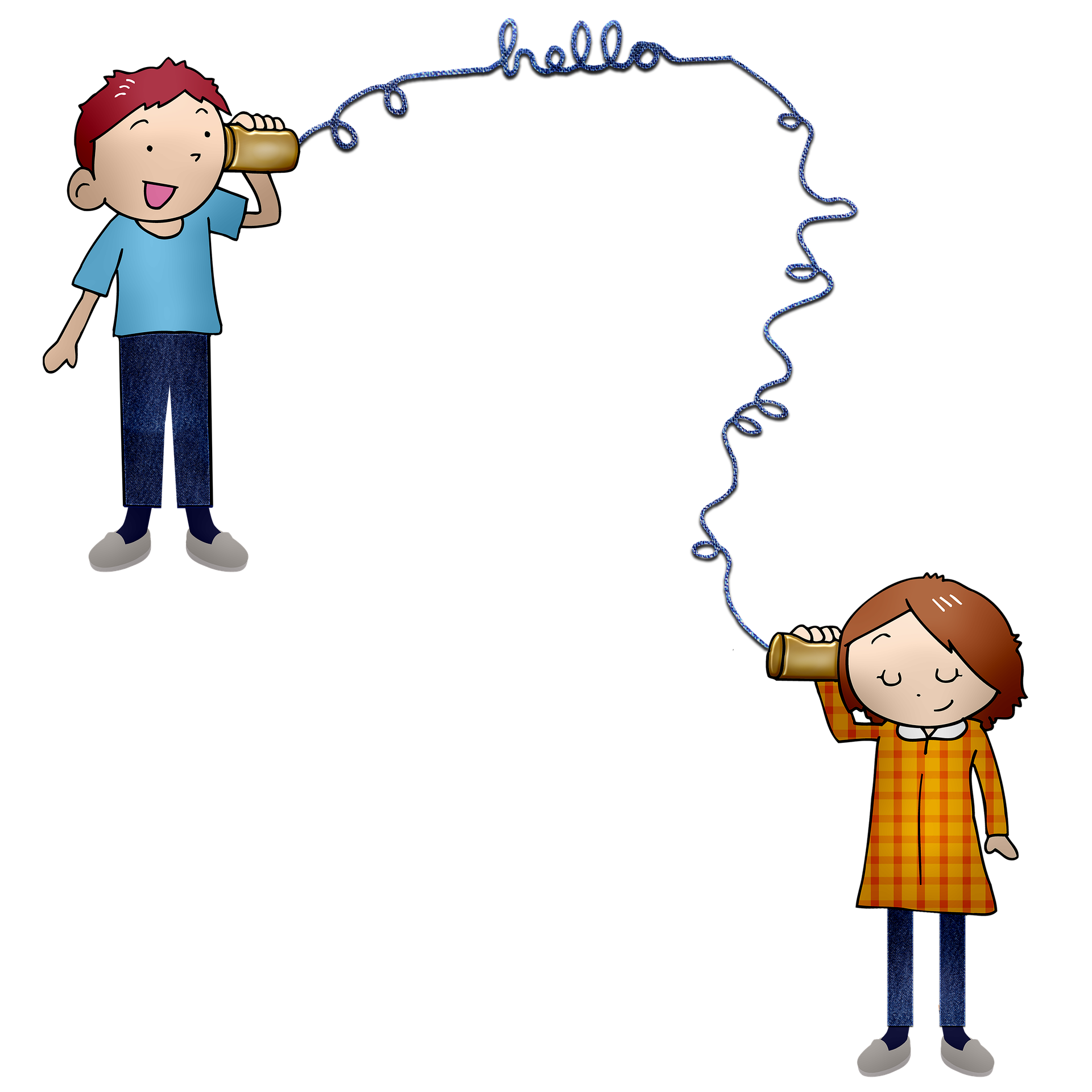It isn’t always easy for a child to get the message from their brain to match up to the sounds and words coming out of their mouth. It is these messages that tell the muscles when and how to move to make the correct sound.
Apraxia of speech is when these messages are not getting though correctly. It can be their muscles in their face or a child may not be able to move their tongue or lips the right ways.
Childhood Apraxia of Speech (CAS)
A child with CAS, doesn’t have a problem with how they think, they know what they want to say. The issue is with the messages coming from the brain telling the mouth how to properly move the muscles.
Childhood apraxia of speech is sometimes called developmental apraxia or verbal dyspraxia.
According to the American Speech Language Hearing Association (ASHA), the signs and symptoms of CAS include:
Not all children with CAS are the same. Your child may show some or all of the signs below. You should talk to your doctor and see an SLP if your child is older than 3 years and
 Does not always say words the same way every time;
Does not always say words the same way every time;
Tends to put the stress on the wrong syllable or word;
Distorts or changes sounds; or
Can say shorter words more clearly than longer words.
Children with CAS may have other problems, including
Difficulty with fine motor skills;
Delayed language; or
Problems with reading, spelling, and writing.
The causes of childhood apraxia of speech are not entirely certain. In some cases, it can be a syndrome, genetic disorder, a brain injury, or a stroke.
Speech Therapy Can Help
A speech therapist will test the language and speech skill for your child. They will look at your child’s speech melody (intonation), oral motor skills, and how they say sounds
Routine visits with a speech therapy can be a game changer for those with apraxia of speech. Early intervention makes all the difference. At First Words Speech Therapy, we are dedicated to meeting your child’s speech and language disorder with personalized care.


